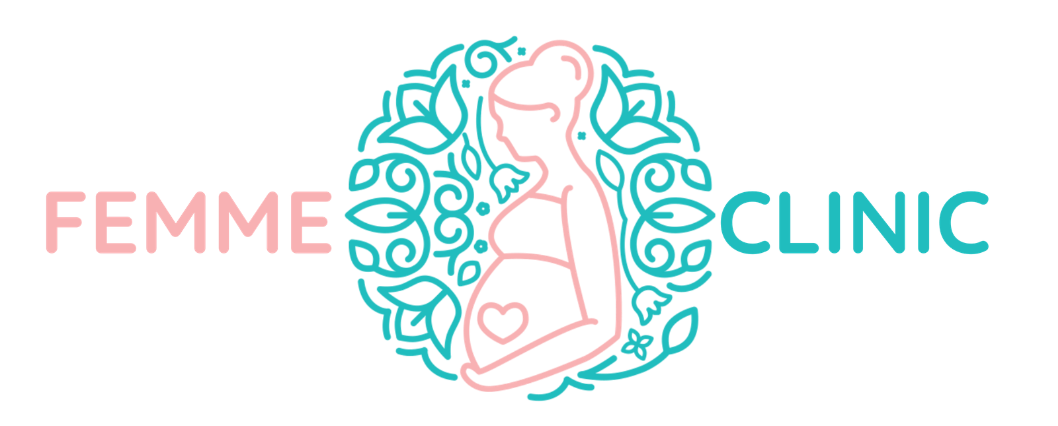Aesthetic gynecology, a burgeoning field within female's health and wellbeing
has garnered significant attention in recent years. It encompasses various procedures aimed at enhancing the aesthetic appearance and functionality of the female genitalia sensation and other cosmetic issues in relation to the health and functioning of the female reproductive system including the vagina, uterus, ovaries and breasts.
The aesthetic gynecology producers includes:
- Stress urinary incontinence (SUI)
- Vaginal tightening
- Post menopause indications
- Post delivery rehabilitation
- Vaginal dryness
- Recurring infections
- Rejuvenation of the vagina and the vulva
- O-shot
- Vampire breast lifting
Most women opt for treatments to improve their exterior beauty and intimate lives. With advancements in the medical industry, it is now possible to alter, correct and remove unwanted elements from the body with more precision, safety, and little down time.
Other Surgical & non-surgical solutions include using PRP (Platelet Rich Plasma), Plasma gel and Hyaluronic Acid Fillers to:
- Improve appearance of pigmented vulva
- Treatment of Sexual and orgasmic dysfunction (Vaginismus)
- Improvement of caesarean section scar
- Treatment of Kraurosis and vulvovaginal atrophy
- Scleroatrophic lichen of vulva
- Augmentation and reconstruction of the labia (FGM correction)
- Intimate contouring and G spot augmentation
- Dyspareunia treatment after Episiotomy and perineotomy during labour
- Clitoral contouring
- Activation of the female orgasm and female sexuality
First and foremost, aesthetic gynecology addresses both physical and psychological dimensions of women’s health. Many women experience discomfort or dissatisfaction with their bodies due to various reasons such as aging, childbirth, or hormonal changes. Procedures like labiaplasty or vaginal rejuvenation can alleviate physical discomfort while simultaneously improving self-esteem and body image.
Our patients have shown enhanced quality of life and increased sexual satisfaction, which underscores the profound impact that aesthetic interventions can have on mental health.
Moreover, the stigma surrounding discussions about female anatomy needs to be dismantled. Aesthetic gynecology promotes open conversations around women’s health issues that are often considered taboo. By encouraging dialogue about body positivity and personal choice regarding one’s appearance, this field contributes to a more inclusive understanding of femininity that celebrates diversity rather than conforming to unrealistic standards.
In conclusion, aesthetic gynecology serves as an essential component of contemporary women’s healthcare by addressing both physical concerns and psychological well-being. As society progresses toward greater acceptance and understanding of individual choices regarding one’s body, embracing aesthetic gynecology can empower women to lead healthier lives grounded in self-acceptance.




